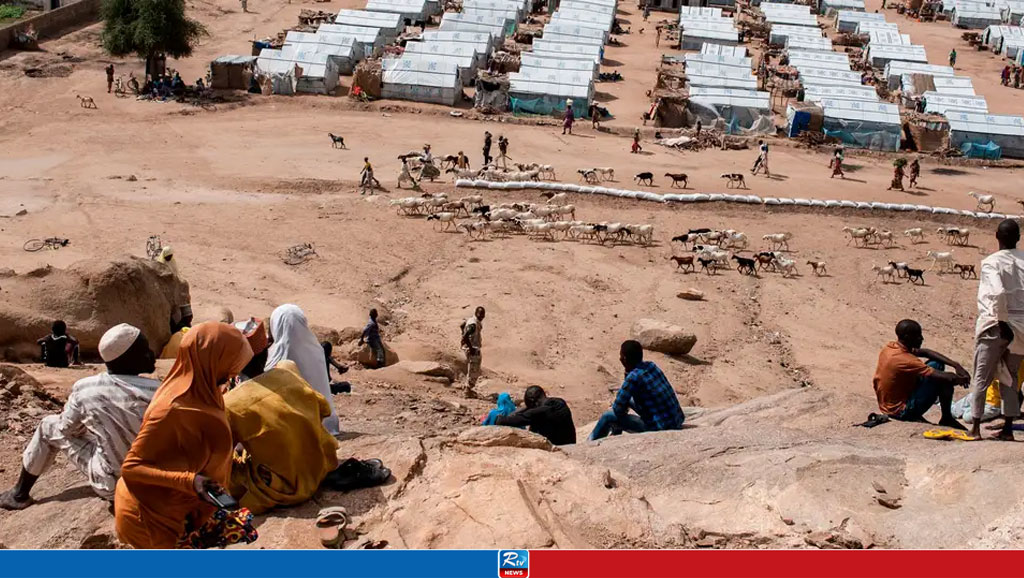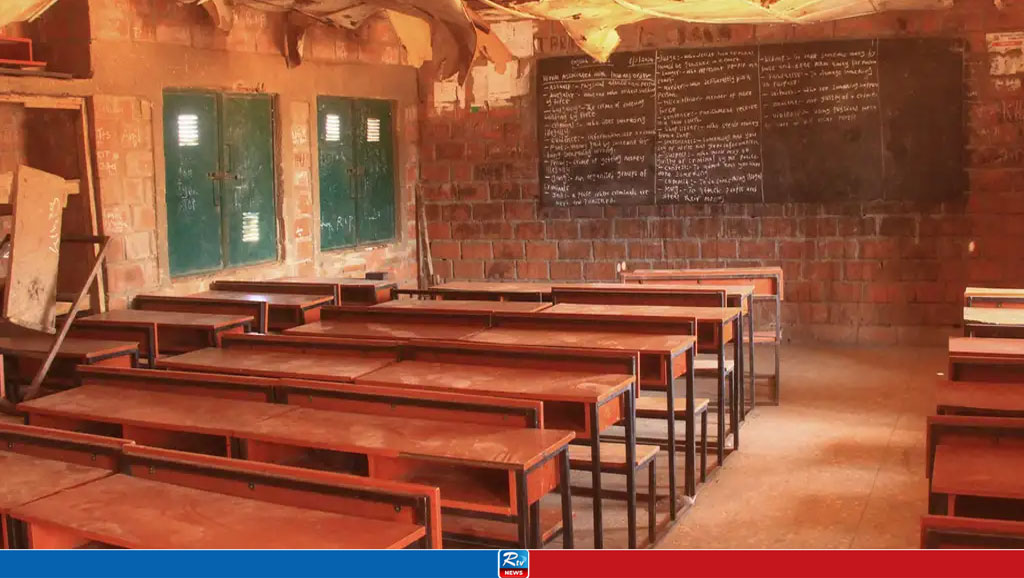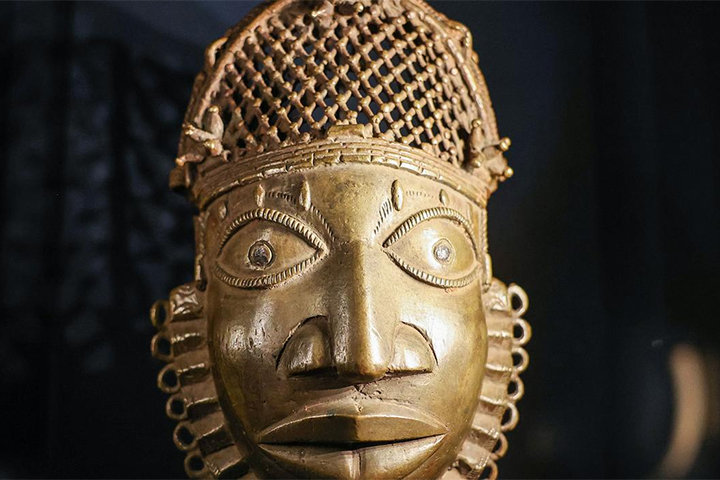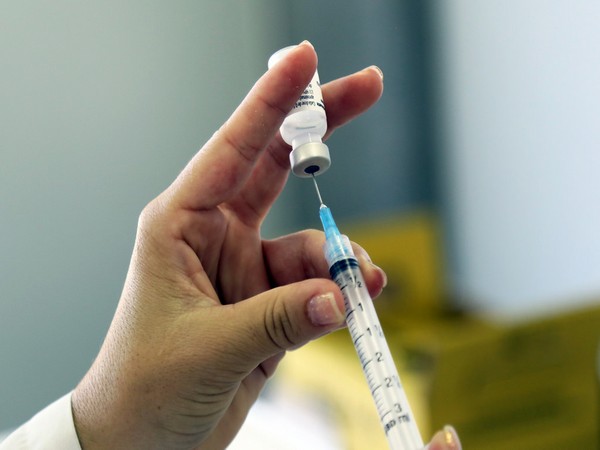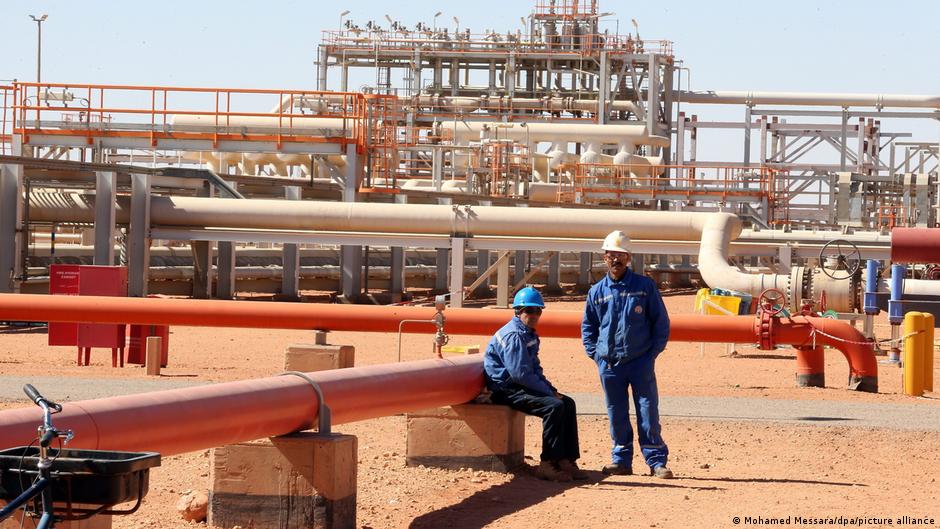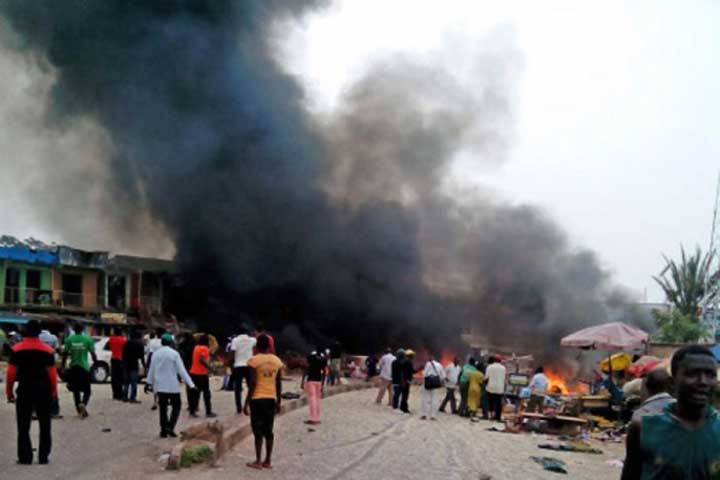Ending sexual abuse in IDP camps in Nigeria
Young women and girls living in Nigerian camps for internally displaced people (IDPs) say they have to deal with sexual harassment every day. Now they are calling for more protection from their host communities.
Having escaped attacks by violent criminals and armed gangs known as bandits in their villages, many displaced women and girls in Nigeria are now facing a new challenge.
Sexual harassment is rife in camps for internally displaced people (IDPs) across northern Nigeria — mostly when it comes to access to food or money.
With little protection, IDPs are also at risk of being kidnapped by bandits and jihadists.
What are IDPs fleeing from?
A bloody conflict between the army and jihadist groups, including Boko Haram, has been raging in Nigeria since 2009.
It is estimated that more than 40,000 people have been killed and 2.5 million more displaced — 80% of whom are women and children who live in government-registered or unregistered camps for IDPs.
Amina Rabo, who lives in an unofficial camp in the northern Nigerian city of Katsina, fled her village after it was attacked by bandits.
Since arriving there, Amina says she has suffered various forms of violence. Apart from sexual harassment, she also lives with the fear of being kidnapped.
"We experience different kinds of harassment from bad actors within our host community. Our rooms don't have doors, making it easy for the attackers," Amina told DW.
"They rape our girls in the night, and the older women are not spared either," Amina said, adding that that seeing her young daughters being assaulted every night has left her distraught.
Amina told DW that she had to marry off one of her daughters outside the camp. After the wedding, she said that several people tried to rape her.
A call for more protection
To prevent further sexual assaults on IDPs, Sani Barau, who works for a humanitarian agency, told DW that his organization is now working closely with the police to monitor the safety of displaced people.
"We call the police whenever we see suspicious people lurking around the camp or individuals trying to harass young girls," Barau said. "And indeed the police have carried out some arrests."
Despite plans to guarantee protection against sexual assault and possible kidnapping by resettling individuals currently sheltering in IDP camps — challenges remain.
Jihadists target women in IDP camps
Since the beginning of March, more than 100 people — mostly children and women — have gone missing after jihadists in conflict-torn northeastern Nigeria carried out a mass kidnapping that targeted mostly women from IDP camps, officials told AFP news agency.
Nigeria's northeast remains the heart of an insurgency that has left more than 40,000 people dead and 2 million displaced since 2009.
Several details about the attack on the IDP camp in rural Ngala are still unclear and officials have given conflicting accounts. The number of people reported missing does not necessarily reflect the number held in captivity.
The UN's Office for the Coordination of Humanitarian Affairs (OCHA) said the attack took place a week earlier than reported and estimated that over 200 people had been abducted from IDP camps.
The organization said armed attackers took the women while they were out collecting firewood.
"The United Nations strongly condemns the reported abduction of internally displaced persons (IDPs), many of them women, boys and girls," it said.
Kidnapping — a lucrative business
Kidnapping is a major problem across Nigeria, which is also grappling with criminal militias in the northwest and a flare-up of intercommunal violence in central states.
On March 7, more than 130 schoolchildren were kidnapped from a school in Kaduna but later freed after two weeks in captivity.
Arrests are rare as most victims are released only after ransom payments by their families or through deals that sometimes involve the release of gang members.
The government, however, does not admit to such deals.
Nigerian President Bola Ahmed Tinubu came to power last year promising to address insecurity in Nigeria, but critics say the violence is still out of control.
29 Mar 2024,14:54



















 Live Tv
Live Tv
